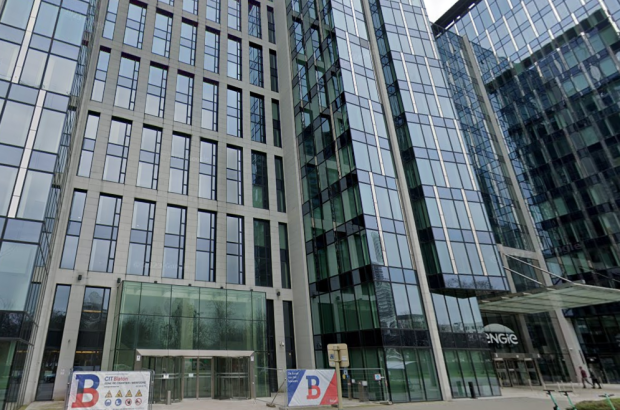- Daily & Weekly newsletters
- Buy & download The Bulletin
- Comment on our articles
EU staff move to Brussels North district despite protests
Hundreds of European Commission staff how started moving to the North Light building near Brussels-North station, despite protests about security problems in the area.
In December 2023, the then secretary of state Pascal Smet, responsible for urbanism and heritage, wanted European officials to move to this much maligned area. However the unions did not approve the relocation, citing issues of safety.
In addition, the move would not affect people working at the highest levels, who would stay in the European quarter.
Only staff in lower management would be asked to leave their offices, meaning: “It will make them feel like third class staff,” Cristiano Sebastiani, European trade union Rénouveau & Democratie director general, told Bruzz.
However, Eurocrats would have had to leave the more prestigious European district at some stage, La Libre Belgique reports.
Half of the North Light building, that headquarters Belgium’s electricity and gas providers Engie Electrabel, has been vacant since the coronavirus pandemic. The aim is for the Commission to rent that half of the building – some 30,000m² – for its staff.
Alain Hutchinson, Brussels Commissioner for Europe and International Organisations, said that hundreds of civil servants will be affected.
“The European Commission also wanted the Directorate General for Translation [currently in Evere] to go there,” Hutchinson added. “But there was so much resistance that this decision was put on hold.”
This relocation is part of the centralisation strategy of the Commission. The EU executive aims to vacate half of its 50 buildings – taking up 580,000m² – especially those outside the city centre, such as DG Environment in Auderghem, and DG Translation in Evere, by 2030.
While EU officials are very reluctant to work in an area they see as dogged by crime and drug use, Smet believes that they will play a role in its recovery: “The people of the Commission can be agents of change. By coming here, they will improve the nature of the neighbourhood.”



















